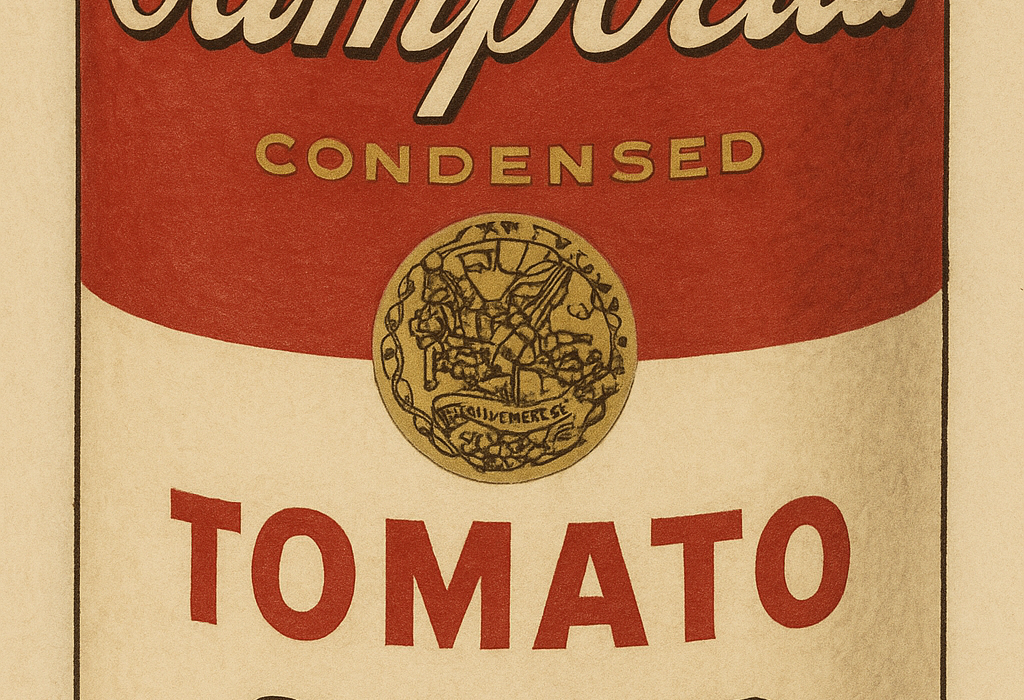Allegations, Consumer Backlash, Corporate Crisis, and the Bigger Picture
The lawsuit filed against Campbell Soup Company has triggered a wave of public anger, raising questions not only about the conduct of a senior executive but also about how major food corporations communicate, manage crises, and maintain trust during a time of unprecedented inflation and financial anxiety.
At the center of the controversy is Robert Garza, a former security analyst who alleges he was wrongfully terminated after reporting misconduct by Martin Bally, Campbell’s vice-president and chief information security officer. Garza claims that during a private meeting in 2023, Bally made racist remarks, admitted to attending work while under the influence of edibles, and mocked Campbell’s own products as “highly processed food for poor people.”
Garza says he recorded the conversation and later shared the footage with media outlets. What allegedly appears on the recording—including references to “bioengineered meat” and “3D-printed chicken”—sparked immediate online backlash. Although the video’s authenticity is not independently verified, it made its way to the public through leaks and has shaped public opinion rapidly.
Why This Escalated Quickly
The allegations surfaced at a moment when food prices are historically high, budgets are tight, and millions of Americans and Canadians rely on inexpensive shelf-stable foods—including canned soups—as core staples of their diets. This means that mocking such foods is not viewed as merely unprofessional, but as an insult to the working class during an already sensitive economic period.
On social media, users flooded Campbell’s Instagram comments, declaring boycotts, throwing away products, and accusing the company of elitist contempt for its own customers.
Consumers were notably upset by the idea that an executive might openly demean the very people who are keeping the company profitable.
Campbell’s Official Response
Campbell’s moved quickly to contain the fallout. In a public statement, the company:
- Confirmed Bally was placed on leave
- Denied using 3D-printed or bioengineered meats
- Called the alleged comments “unacceptable if true”
- Emphasized that Bally works in IT and has no role in food production
- Reassured the public: “Campbell’s soups are made with real chicken. Period.”
The company did not address the wrongful termination claim, which remains a core legal issue.
Pros and Cons of the Situation (Neutral Summary)
Pros / Potentially Constructive Outcomes
1. Corporate transparency moment
The controversy may push Campbell’s to clarify ingredients, food sourcing, and production ethics, giving consumers more confidence.
2. Strong push for internal accountability
Public pressure may encourage the company to re-examine HR protocols and whistleblower protection.
3. Increased consumer scrutiny of ultra-processed foods
The situation highlights broader concerns about affordability, health, and food quality, sparking an overdue national conversation.
4. Opportunity for Campbell’s to rebuild trust
Handled properly, the company may come out with stronger practices and improved public communication.
Cons / Negative Implications
1. Potential brand damage
Mocking customers, even indirectly, risks long-term reputational harm—especially among budget-conscious households.
2. Highlighting corporate elitism
Accusations of classism and insensitivity come at a time when trust in large corporations is low.
3. Legal exposure
If wrongful termination is proven, the company could face significant financial and reputational consequences.
4. Risk of misinformation spreading
False or exaggerated claims about ingredients—like “3D-printed meat”—can lead to unnecessary public fear, even after clarified.
Broader Context: Why People Reacted So Strongly
Food prices remain a dominant financial concern. A majority of North Americans feel squeezed, and many rely on low-cost meals such as canned soups, pasta, frozen vegetables, and pantry staples. In this climate:
- Comments implying that cheap foods are “for poor people” are not merely rude—they are perceived as attacks on dignity.
- Consumers see the behavior as symbolic of how corporations view working-class families.
- Any sign that executives mock their own customers reinforces distrust in big brands.
Conclusion
The Campbell’s case is bigger than a single lawsuit: it is a window into how fragile public trust has become. With food inflation high and financial stress elevated, corporations are being held to unprecedented standards of accountability, empathy, and ethics. Whether Campbell’s can repair the damage will depend heavily on transparency, the outcome of the legal case, and the company’s willingness to confront uncomfortable cultural and structural issues within its leadership.
